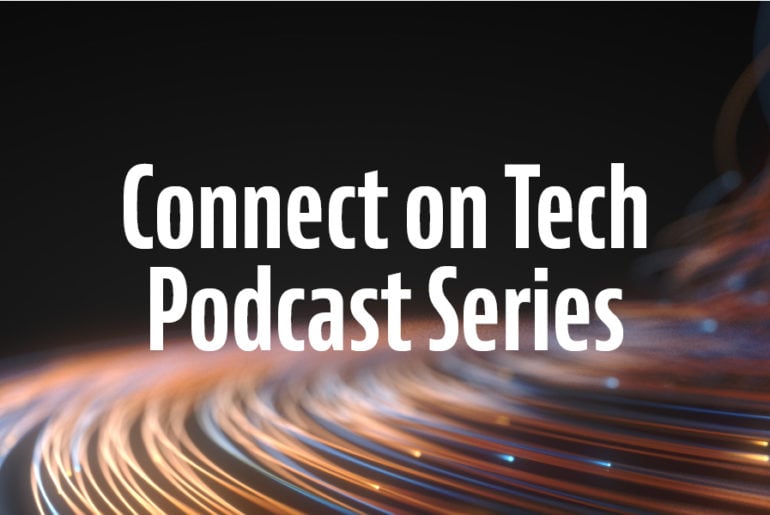Key Considerations in Negotiating Transition Services Agreements Blackrock’s recently released 2024 Private Markets Outlook predicts that corporate carve-out activity will increase in 2024, as companies look to divest non-core or underperforming business lines and acquirers look to benefit from untapped value-creation potential. Those companies that will either acquire or sell through carve-out transactions in the coming year to meet their strategic needs should consider the importance of Transition Services Agreements (TSA). TSAs are important to both parties…
Trillions of dollars are spent on M&A each year, yet reports suggest that less than 10% of deals integrate cybersecurity into the due diligence process.1 Despite the FBI and private watch dog groups raising multiple warning flags about ransomware groups hitting more and more companies in the middle of significant transactions like M&A, and despite increased focus from the FTC and the SEC on data security failures as legitimate reasons for shareholder and government enforcement…
In this episode, Brian Hengesbaugh, Global Chair of Privacy and Security, is joined by Cynthia Cole, IP, Data and Technology partner based in Palo Alto, as they discuss top-of-mind issues for global companies with respect to data and IP risk and reward in M&A. As a former CEO and General Counsel, Cynthia has extensive experience in a wide variety of complex technology and IP alliances and transactions, and offers her unique perspective on key issues…
In this special edition, Sue McLean, partner and global tech lead for fintech and blockchain, talks to David Hart, a partner in our London office, and Lawrence C. Lee, a partner in our Palo Alto office, to discuss recent trends and developments around fintech. In this episode, they share their observations on recent innovations and take a closer look at various strategies behind the increase in investment and M&A activity. Fintech players, once seen as…
With the accelerated number of M&A deals currently being made and projected to continue, digital transformation is driving an increase in interest in AI targets for acquisition.
In its Schrems II judgement of 16 July 2020, the Court of Justice of the European Union (CJEU) invalidated the European Commission’s adequacy decision on the EU-U.S. Privacy Shield. The EU-U.S. Privacy Shield was a data transfer mechanism allowing to transfer personal data from the European Union (EU)/European Economic Area (EEA) to the United States (a so-called third country) in compliance with data protection requirements. The CJEU confirmed that standard contractual clauses (SCCs) remain valid,…
I. Introduction In part two of our series of blog articles on Key Employment Law Topics in Video Games M&A (see part 1 here), we will focus on the working time of employees in tech companies and video game developers, and in particular on so called “crunch.” II. Crunch Covid-19 – Delays of game publication may lead to intensified crunch times after the pandemic has eased. What does crunch mean? The Cambridge Dictionary defines crunch…
Introduction Now more than ever, the pandemic has underscored how the availability of healthy and motivated employees is essential to the success of a business. This is even more true for tech companies like software and video game developers who rely heavily on the talent of their employees in all areas to make the product successful. Employee engagement, physical and mental health, and strong performance should thus be a top priority for a buyer or…
In this episode of Connect On Tech, your host Brian Hengesbaugh is joined by Bill Rowe, a partner in Baker McKenzie’s Chicago office who focuses on mergers and acquisitions including acquisitions of tech targets and IP based businesses. The episode covers: How next generation intellectual property assets are affecting the type of M&A transactions being pursuedHow ”compliance culture” diligence can help companies navigate potential privacy issues in transactionsBill’s tips for companies acquiring tech targets https://open.spotify.com/episode/0x7NvyGgxjwQiyj2P7fis6…
Level I – Introduction For almost three decades, the computer gaming industry has found itself in a fast paced and highly dynamic development and change process. The games have developed in all of their aspects, including graphics, sound, music but also storytelling and art. The interest for playing computer games has steadily increased on all platforms with a peak on mobile gaming nowadays. The computer gaming industry has thus become a multi-billion dollar business attracting…








